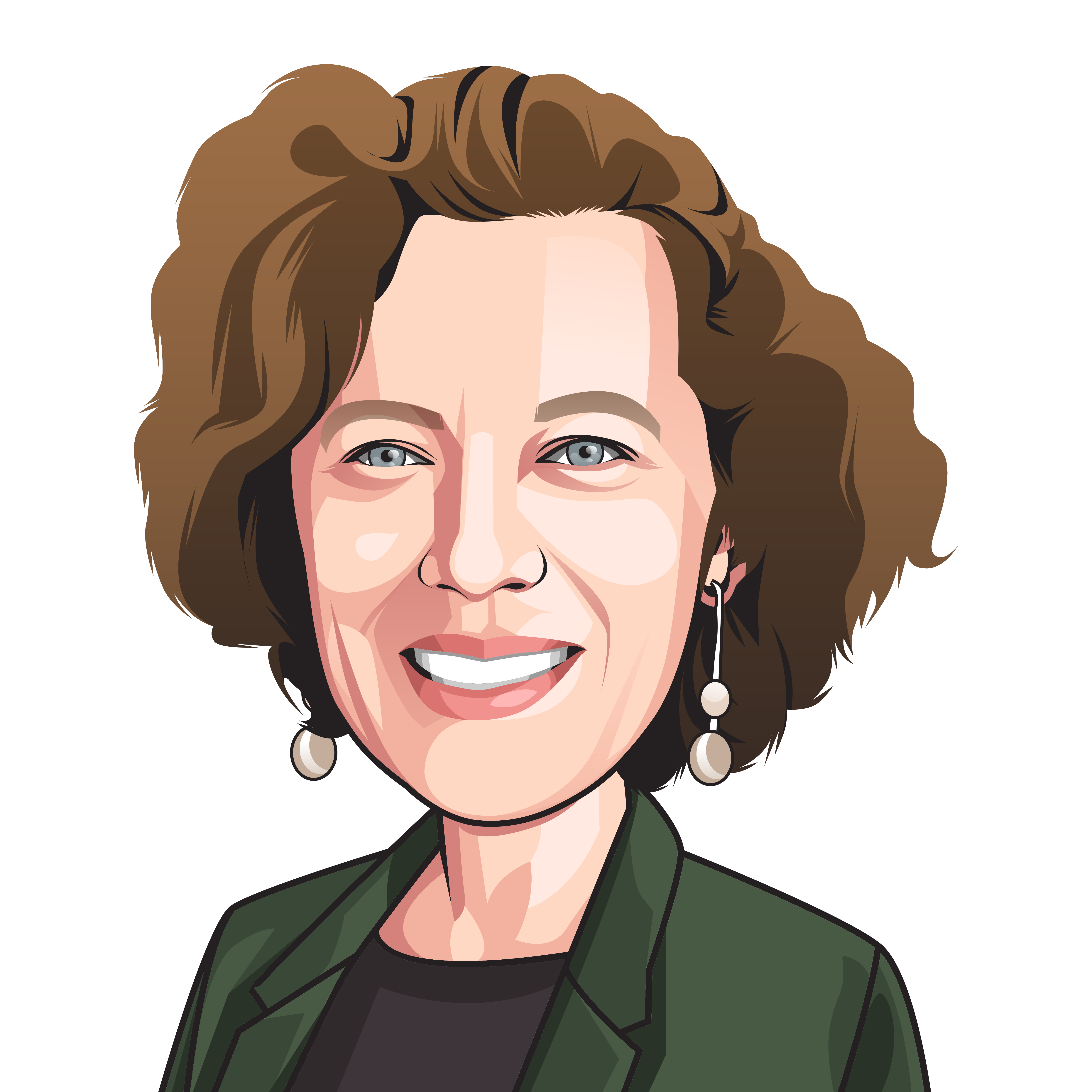Written by Pleuni Pennings

Photo by riciardus on Pexels.com 

Photo by Christina Morillo on Pexels.com
I was in my late thirties when I learned to drive a car. I grew up in The Netherlands, in an area with excellent bike and train infrastructure and I never felt the need to learn how to drive a car. Also, I didn’t want to spend money or time on learning to drive a car. But when I finally learned to drive a car, it turned out to be very useful! It gave me independence, and it gave me options I didn’t have before.
Recently, I added to my skillset. Two weeks ago, for the first time in my life, I drove a car over significant distances in The Netherlands. I thought driving in The Netherlands was scary – but when I finally did it, it wasn’t as scary as I thought!
Now, am I the best driver in The Netherlands? Surely not!
But it’s real nice to be able to borrow my dad’s car to visit my cousin who runs a lego workshop to rent some legos. It gives me independence. And it makes my son happy too (see picture below).

If you are learning to code, you should consider your coding journey as a journey towards independence. After one semester or one summer of coding, you are not a star coder (sorry to break it to you 😉 ). But you have started! You have learned new things. You have learned new jargon and new tools. And maybe you can now analyze a small dataset by yourself. Or you know enough about coding to be able to ask for help in a smarter way. And next semester or next summer, or when you have time, you will learn more. And one day you’ll be able to drive a car in The Netherlands!
4 ways learning to drive a car is like learning to code
- It gives you independence. Before I always had to ask my mom or my husband to drive if I needed to use a car, now I can do it myself. For coding tasks, you may depend on a lab mate or software like SPSS or SAS, but it’s just nicer if you can do it yourself.
- It is not about being the best driver or the best coder. I can drive, but I will never be the best driver in any group of people. But who cares? I get from A to B safely and that’s what matters. For coding, it’s the same thing. If you want to use coding in your studies or work, you don’t need to be the best coder. You just need to get from A to B (or from raw data to a nice plot).
- Practice is key. When I first got my license, I didn’t have access to a car and I didn’t drive for a few years. Clearly, that was not very good for my driving skills or confidence. Later, when I did have a car available, I would regularly take it to drive to a friend who lived just 5 miles away to have a coffee. These short trips helped me feel comfortable in the car. If you’ve learned some coding skills, try to find a way to keep using it, even if it is just for short 5-mile drives.
- It opens up jobs and opportunities. For many jobs, you need to be able to drive a car. Not just jobs such as taxi driver, but also jobs that are utterly unrelated to driving. For me, I got the job at SFSU when I lived in Menlo Park. Public transport from Menlo Park to SFSU is so bad, that I really couldn’t do the job if I wasn’t able to drive to the SFSU campus. With coding it can be the same thing. I am a biologist and I am interested in evolution of viruses and bacteria – yet I couldn’t do that research without coding skills.
Happy coding!











